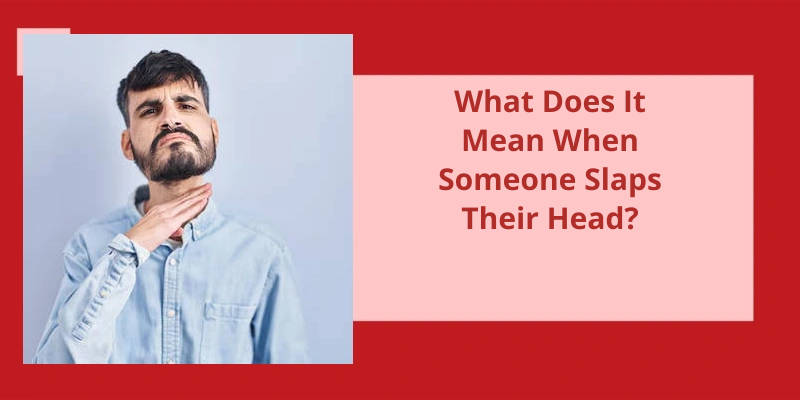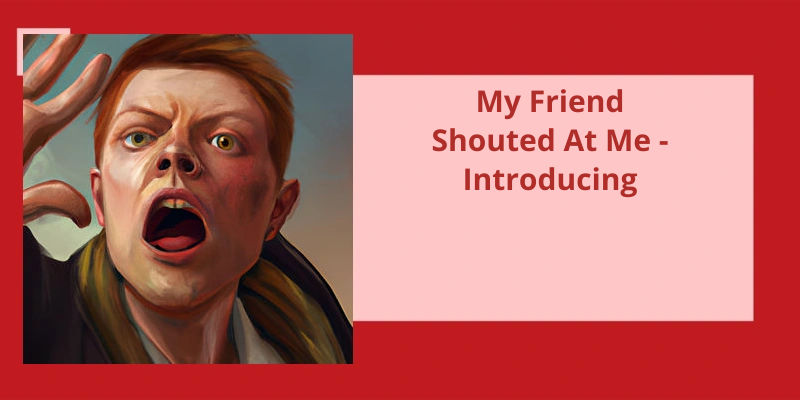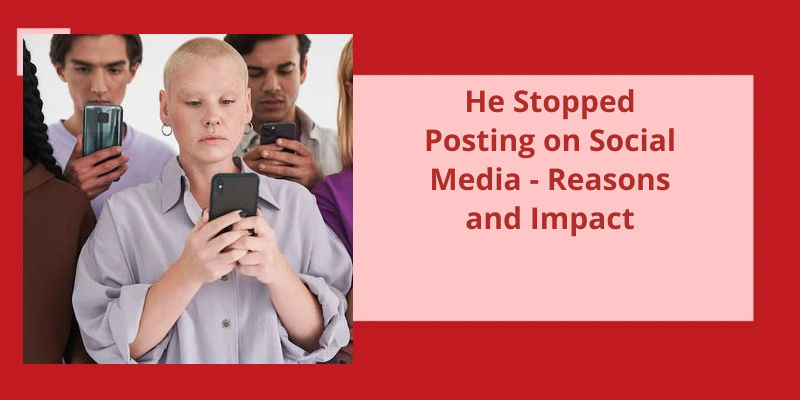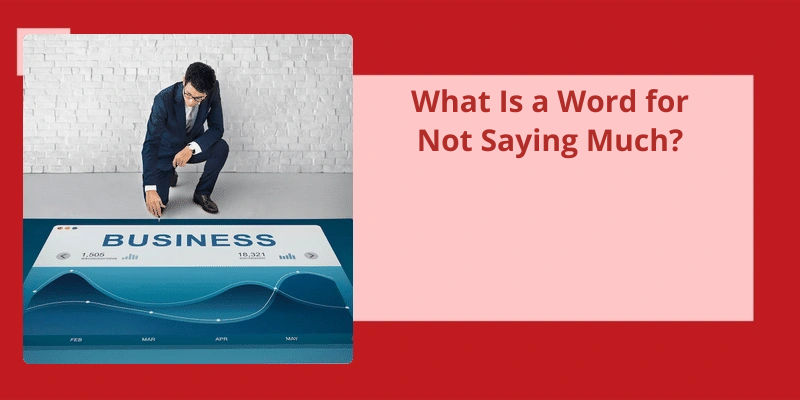When faced with the perplexing behavior of someone slapping their head, one must delve deeper into the intricacies of human communication and manifestation of emotions. Often, individuals resort to unconventional means when traditional avenues fail to effectively convey their needs, wants, and feelings. In the enigmatic scenario of head-slapping, wherein one repeatedly bangs their head against a rigid surface, the underlying message may unveil a multitude of possibilities. It could be an expression of overwhelming frustration, an attempt to secure a desired object or activity, or a desperate plea to cease persistent inquiries or demands. This mystifying action warrants careful observation, empathy, and exploration into the intricate realm of human expression, in order to decipher it’s true meaning.
What Does Slapping Your Head Mean?
Head slapping is a behavior that can have various meanings depending on the context and the individual doing it. In some cases, when someone slaps their head, it might indicate frustration or irritation. It’s a physical expression of their emotional state, serving as a release of pent-up tension. It serves as a way for them to cope with their frustration by physically manifesting their emotions.
For example, if a person slaps their head when they see a delicious-looking treat, it might be a way of indicating a desire for that specific food. Similarly, if they slap their head when they observe an enjoyable activity, it could be their way of expressing their interest in joining or participating in that activity.
It may indicate that they feel overwhelmed, weary, or opposed to the task or request being made. By slapping their head, they hope to make it clear that they aren’t willing or able to comply with the demands being placed on them. It serves as a non-verbal way of expressing their resistance or disapproval.
While it can convey frustration, desire, or resistance, it’s always best to seek clarification or open up a dialogue to fully understand the intended message. Clear communication, empathy, and active listening are essential in deciphering the meaning behind this behavior.
In schools, particularly in Florida, there exists a peculiar term to describe the act of slapping someone on the back of their neck – it’s commonly referred to as “Necking.” However, when an individual attempted to engage in this behavior with me, the outcome was far from what they’d anticipated.
What Is It Called When You Slap the Back of Someone’s Neck?
In schools, at least in Florida, the practice of slapping the back of someones neck is called “Necking.”. This term refers to the act of forcefully smacking the back of someones neck as a means of playful aggression or sometimes even as a prank. It’s worth noting that “Necking” shouldn’t be confused with it’s more romantic connotation, as it bears no relation to kissing or caressing the neck.
The motivations behind “Necking” vary from person to person. Some individuals may engage in this behavior as a form of rough play or to establish dominance and assert their power over someone else. Others may view it as a harmless prank, done purely for the sake of eliciting a reaction or a laugh. However, regardless of the intention, it’s important to consider the potential consequences and respect personal boundaries.
In many educational institutions, “Necking” is often discouraged or even prohibited due to it’s disruptive nature and potential harm. Schools frequently implement disciplinary measures to discourage such behavior and ensure the safety and well-being of their students.
Although the term may resemble a more affectionate gesture, it denotes a potentially harmful action. This behavior is discouraged in most educational environments, as it can lead to physical discomfort, pain, and even injury. It’s essential to cultivate an atmosphere of compassion and respect, where such actions aren’t condoned or practiced.
When examining the sensory aspects of head banging, it becomes evident that individuals who engage in this behavior may be seeking various forms of sensory input. Apart from the obvious physical sensation of deep pressure and tactile stimulation to the head or face, head-hitting can also provide a way to stimulate the vestibular senses through vibration. Additionally, the release of endorphins during self-injurious behaviors can serve as a natural painkiller, further establishing a complex connection between sensory seeking and head banging.
Is Head Banging Proprioceptive?
Head banging, also known as self-injurious behavior, can be attributed to various underlying factors. From a sensory perspective, this act may signify that the individual is seeking proprioceptive input. Proprioception refers to the bodys ability to perceive it’s position and movement in space. By hitting their head, they may be attempting to generate deep pressure, which can have a calming and organizing effect on the sensory system.
Another possible explanation for self-injury is the release of endorphins. Endorphins are the bodys natural painkillers, and by engaging in self-injurious behaviors, individuals might inadvertently trigger the production and release of these chemicals. This surge of endorphins can create a temporary feeling of euphoria or a numbing effect, which could serve as a coping strategy for emotional distress or sensory overload.
While it may be tempting to view it solely as a self-destructive act, it’s essential to consider the underlying sensory issues, such as seeking proprioceptive input or sensory modulation difficulties, which could contribute to this behavior.
A multi-disciplinary approach involving professionals from various fields, such as occupational therapists, psychologists, and physicians, can help identify the specific triggers and develop strategies to address the individuals sensory needs and promote more adaptive coping mechanisms.
It may also act as a means to release endorphins and provide temporary relief. By recognizing the underlying sensory and emotional factors, professionals can work with individuals who engage in this behavior to develop more positive and effective ways of meeting their needs.
Source: Target Behavior: Head Hitting Things to consider
Physical abuse can take many forms, and slapping someone in the face is undeniably one of them. However, despite it’s clear violent nature, slapping often goes unrecognized as a serious form of abuse. This perception stems from the misconception that a slap is merely a minor act, rather than a significant form of physical harm. In reality, slapping can cause psychological trauma, physical injuries, and lasting emotional scars. It’s crucial to address this issue and shed light on the severe consequences of slapping as a form of abuse.
Is Slapping Someone in the Face Abuse?
Slapping someone in the face is undeniably a form of physical abuse. It’s an act that involves using force to strike another persons delicate facial area, causing pain, humiliation, and potential injury. What makes this type of hitting particularly problematic is how it’s often perceived by both the abuser and society as just a mere slap rather than a grave form of abuse.
Unfortunately, slapping is often trivialized or excused as a momentary loss of control, a harmless expression of frustration, or even justified in certain situations. This perception only serves to downplay the seriousness and impact of such violent behavior. In reality, slapping is a clear violation of a persons bodily autonomy and their fundamental right to live free from violence and harm.
It’s essential to recognize that any form of physical violence, including slapping, is never justified or acceptable.
The Psychological Effects of Being Slapped in the Face
Being slapped in the face can have significant psychological effects on an individual. This sudden act of aggression can cause feelings of shock, humiliation, and embarrassment. The experience can also lead to a decrease in self-esteem and self-confidence.
Moreover, being slapped may trigger strong emotional responses such as anger, fear, and sadness, which can result in long-term psychological consequences. Individuals who’ve been slapped may develop symptoms of post-traumatic stress disorder (PTSD), including flashbacks, nightmares, and heightened anxiety.
Furthermore, being slapped by someone can negatively impact the victim’s trust in others and their ability to form intimate relationships. They may also develop a fear of physical contact or become hypervigilant about their personal safety.
It’s important to seek support from a mental health professional if you’ve experienced being slapped or any form of physical violence. They can provide guidance and appropriate interventions to help address the psychological effects and promote healing and recovery.
Now that we know what the term “slaps” means, let’s dive into how it’s become a popular slang phrase in various music scenes throughout the years.
Where Did the Slang Term Slaps Come From?
If youve ever heard someone say “that song slaps,” you may be wondering where this slang term originated. Well, todays lesson in slang etymology comes from the Bay Area. The term “slaps” can be traced back to the physical action of slapping a subwoofer while playing a song with extra bass. These bass-heavy songs are often referred to as “slappers” or “slaps.”
It’s become a versatile slang term used to describe any song that’s catchy, enjoyable, or simply “hits different.”. Whether it’s a hip-hop track, a pop song, or even a rock anthem, if it elicits a strong emotional response or makes you want to groove, it can be considered a “slap.”
Now go ahead and find yourself a playlist full of slaps and let the music move you.
The Influence of Subwoofers on Music: Discuss the Impact of Subwoofers on the Production and Enjoyment of Music, and How It Has Contributed to the Term “Slaps.”
- Subwoofers enhance the bass frequencies in music, creating a more immersive and powerful listening experience.
- By accurately reproducing low-end frequencies, subwoofers contribute to the overall balance and depth of a music track.
- Subwoofers have revolutionized the way people perceive and enjoy music, especially genres like hip-hop, electronic, and R&B.
- The term “slaps” is often used to describe songs that have a strong and impactful bassline, which is greatly influenced by subwoofers.
- Subwoofers enable music producers to create music with enhanced low-end frequencies, making the beat more memorable and enjoyable.
- Listening to music with subwoofers can evoke physical sensations, as the deep bass vibrations resonate throughout the body.
- Subwoofers have become a crucial element in sound systems, both in professional settings and home entertainment setups.
- The use of subwoofers has expanded the creative possibilities for music production, allowing artists to experiment with different bass effects and textures.
- Subwoofers contribute to the overall energy and impact of live music performances, making the audience feel the music in a more visceral way.
- The integration of subwoofers in car audio systems has transformed the way people experience music during their daily commutes.
Conclusion
This unconventional behavior, such as head slapping or banging, should be interpreted as a potential sign of frustration, a means of obtaining desired objects or activities, or a plea for cessation of unwanted requests or demands. It’s imperative to understand that non-verbal expressions, like head slapping, may carry significant meaning and shouldn’t be dismissed or ignored. By recognizing and addressing these forms of communication, we can foster better understanding, empathy, and support for individuals who rely on alternative methods to express their inner thoughts and emotions.






